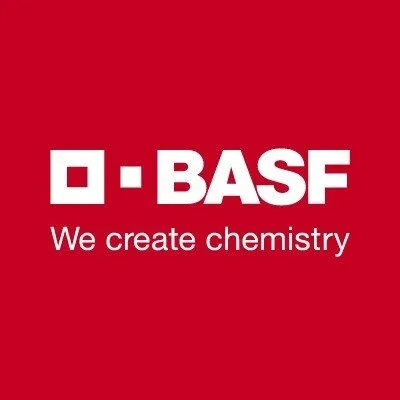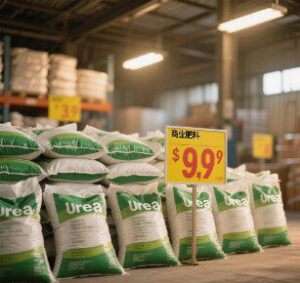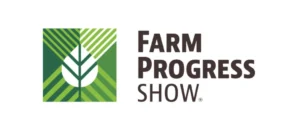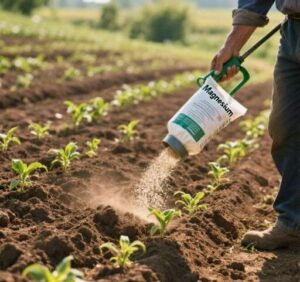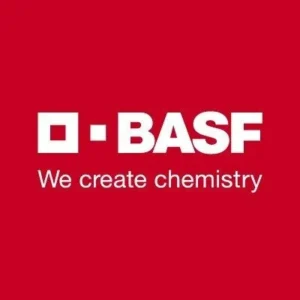BASF, Corteva Agriscience, and M.S. Technologies have formed a significant trait licensing agreement that aims to transform soybean production in Brazil. This collaboration aims to deliver a comprehensive solution addressing the interlinked challenges of herbicide resistance, insect damage, and nematode infestations—three of the most pervasive threats to soybean yields—by integrating BASF’s novel Nematode-Resistant Soybean (NRS) trait with Corteva and M.S. Technologies’ Enlist E3® and Conkesta E3® technologies.
At the core of this innovation is the NRS trait from BASF, a biotech breakthrough designed to combat two destructive species of nematodes: the root-knot nematode (Meloidogyne spp.) and the soybean cyst nematode (Heterodera glycines). These microscopic parasites attack roots, impeding nutrient absorption and causing stunted growth, thereby undermining crop health. Based on over 160 field trials conducted over seven years, the NRS trait has demonstrated remarkable efficacy, achieving over 90% control against root-knot nematodes. This performance represents a significant advancement in protecting soybean roots from invisible yet devastating threats.
In addition to nematode resistance, Enlist E3® and Conkesta E3® technologies offer proven benefits for managing weeds and insects. Enlist E3® soybeans are tolerant of 2,4-D choline, glyphosate, and glufosinate herbicides. This gives farmers flexible strategies for tackling increasingly resilient weed populations. Conkesta E3® soybeans incorporate two potent Bt proteins, Cry1F and Cry1Ac, providing an inherent defense against lepidopteran pests, such as soybean caterpillars, which are a persistent challenge for growers in Latin America. Together, these traits establish a fortified line of defense against above-ground threats.
This integration represents a strategic synergy. By combining herbicide-tolerant, insect-resistant, and nematode-protected traits within a single soybean variety, farmers gain a multifaceted toolset to optimize productivity. Nematode damage is mitigated, herbicide applications become more effective in weed control, and insect pressures are minimized—ultimately reducing yield losses and enhancing overall sustainability. The collaboration’s approach aligns with global efforts to develop integrated pest management systems that prioritize resilience and environmental stewardship.
Looking ahead, this trio of traits is expected to reach Brazilian farmers by the late 2020s or early 2030s, pending regulatory approvals and ongoing field testing. As these varieties become available, Brazilian soybean producers will benefit from:
- Elevated yield potential through reduced nematode-induced losses;
- Expanded herbicide options for more effective weed resistance management.
- Built-in protection against caterpillar infestations, sparing crops from costly damage.
The partnership’s vision extends beyond Brazil to explore global markets where nematodes, weeds, and insects present similar challenges. If successful, this model could transform soybean cultivation worldwide by offering a template for bundled trait solutions that address multiple stressors simultaneously.
Soybeans remain a cornerstone crop for global food and feed systems, so this collaboration’s emphasis on holistic protection signifies a pivotal shift. Rather than addressing yield-limiting factors piecemeal, BASF, Corteva Agriscience, and M.S. Technologies are developing a product that will engineer a more resilient future for soybean agriculture. This future will see farmers equipped to thrive in the face of complex, intertwined production challenges.


